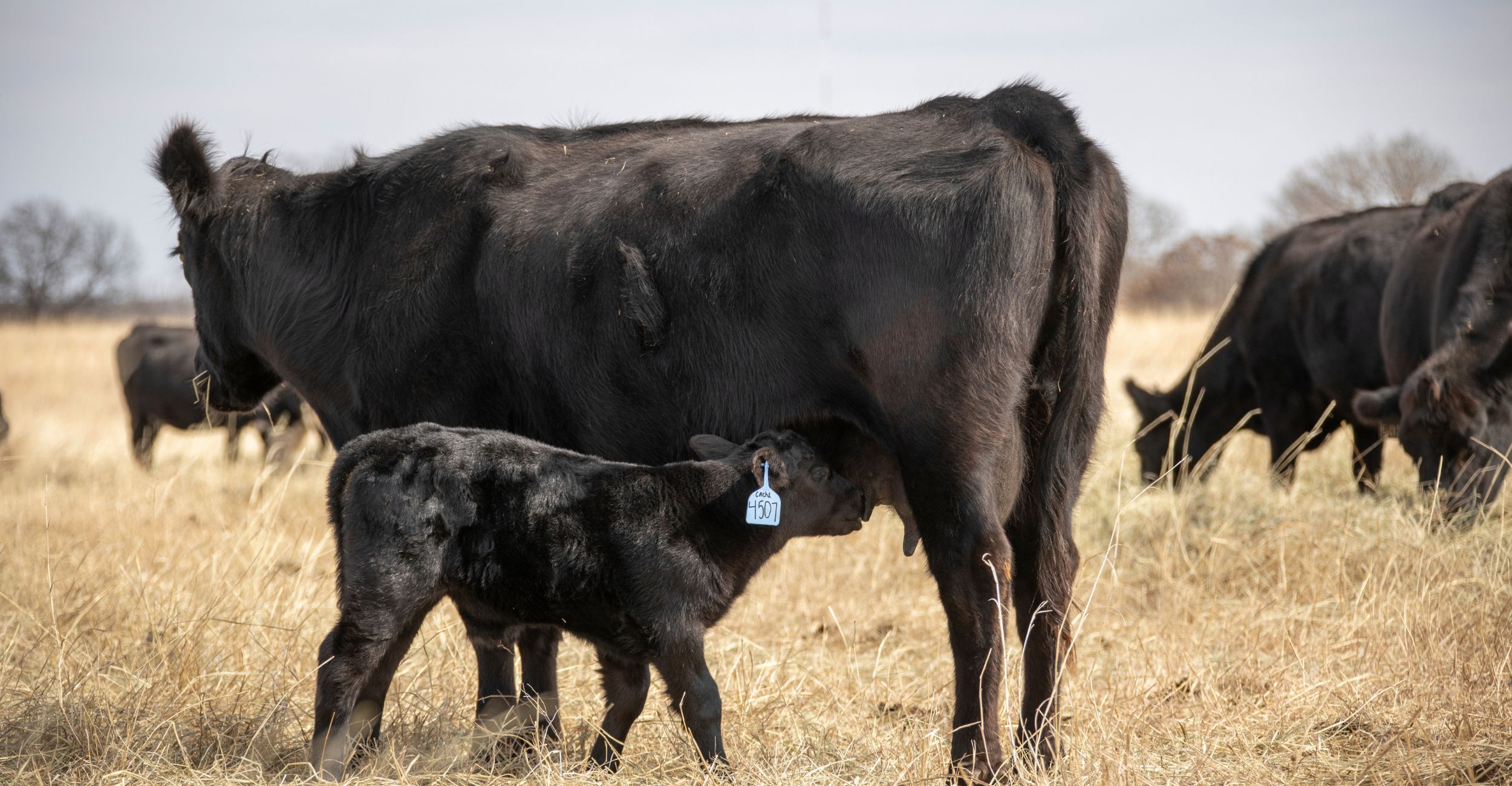Veterinary Viewpoints: Caring for calves in cold weather
When the weather becomes severe, calving becomes much more challenging. Although, both hot and cold weather can impact a calf’s ability to thermoregulate, calves born in extreme cold quickly utilize all body fat reserves, putting them at risk. Exposure to wind can exacerbate cold temperatures. Preparing in advance of inclement weather can lead to improved calf survival.

